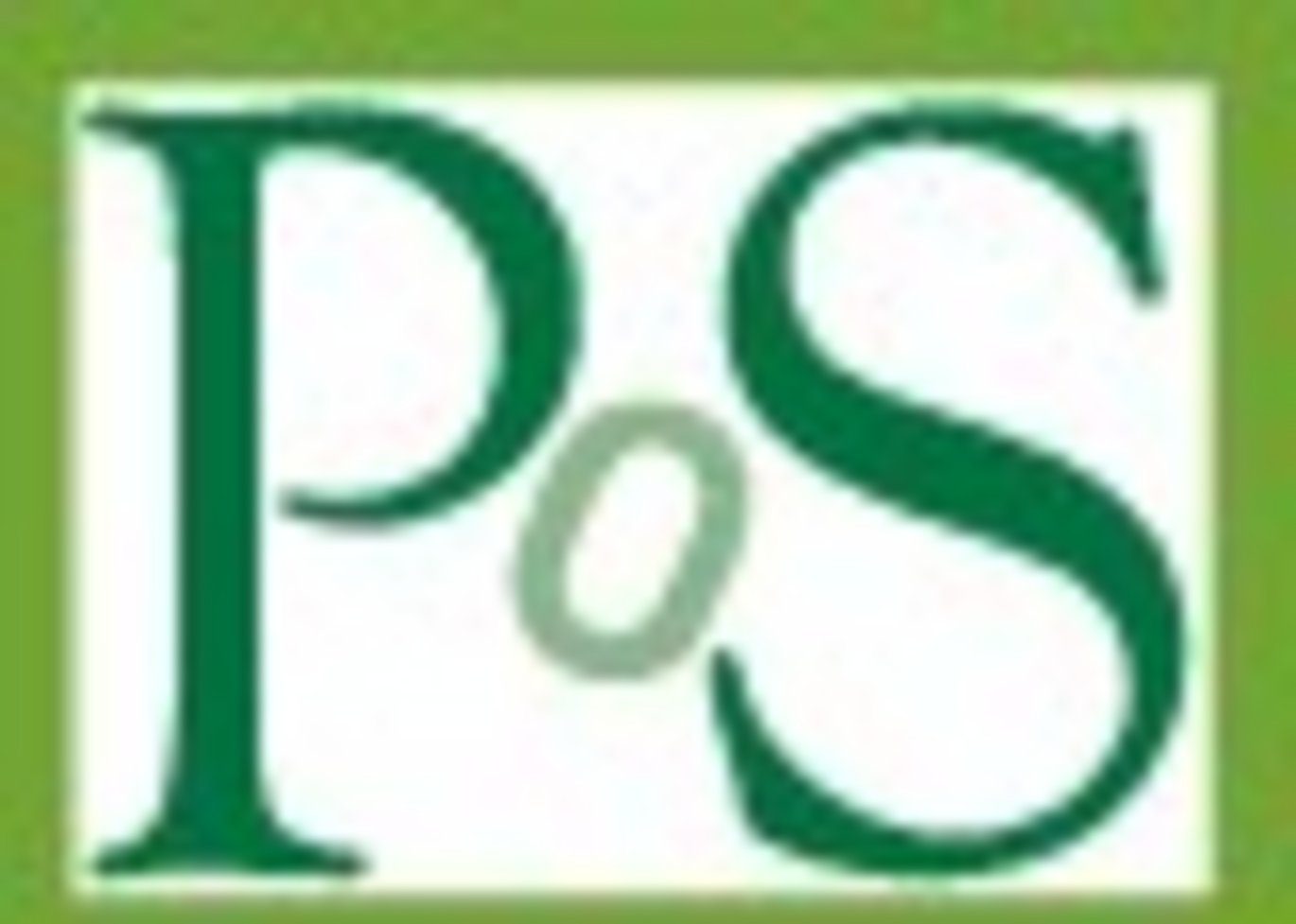New conference proceedings paper by Kristian H. Nielsen, Gitte Kragh and Torben Esbo Agergaard: "Citizen science in Denmark at a critical stage: A national survey across research fields, institutions, and projects"
Proceedings of Science, 418 (2022): 058

Abstract
Citizen science (CS) is an international field based on widely accepted—although often contested —principles, typologies, and definitions. In comparison, national and local differences get relatively little attention. Our paper offers insights into the CS field in Denmark. We report on results from our 2020 study of CS activities in Denmark. The study included a literature review, a questionnaire distributed by email to members of known CS projects and allowing for access by means of self-enrolment (N=187), and a desk study of projects and actors with relation to the concept of CS. We found an increase in the number of CS-related publications from Danish universities from 2014 onwards. Nearly all publications were research publication, and very few directed towards larger audiences. We also found that the Danish CS field included all fields of scientific inquiry, including the social sciences and humanities. Most projects (65 %) dealt with nature—biology and ecology—as an object of study. Nearly all projects used CS as a research method, and very few as a mode of public engagement or activism. Our survey respondents represented different CS stakeholders: universities, research libraries, museums, public institutions (agencies, public libraries, etc.), NGOs, companies, and private citizens. They were generally interested in and knowledgeable about CS. Collectively, they identified the following problems for CS in Denmark: volunteer retention and recruitment, institutional backing, public awareness, ethical approval of projects, acceptance of CS as a research method, and human resources for doing CS. In conclusion, CS is an emerging field at a critical stage. It has attracted interest yet still faces challenges, such as increasing and maintaining institutional support, consolidating existing organizational structures, creating incentives for researchers and citizens, information and advocacy, capacity-building, and attention to ethical and legal issues.
